Data has become a valuable resource in the digital age, even likened to a special type of oil in the digital economy. However, this data, including personal information, is continuously exploited, turning into a “commodity” for buying and selling.
It is very likely that personal information of many people, such as names, faces, birth dates… is being used by a virtual gaming account, gambling, online betting… Or suddenly, strange numbers call offering products, services, or even related to an investigation that one has nothing to do with. So the question is, when was my information taken?
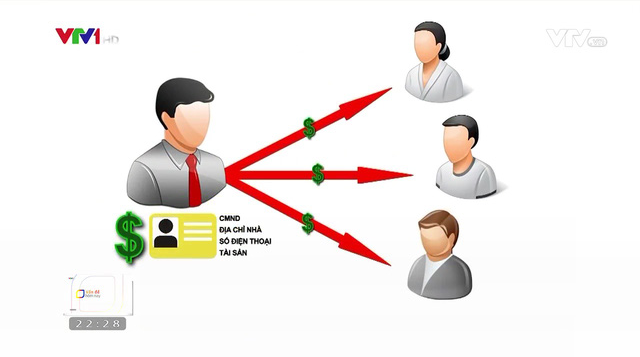
According to data from the Ministry of Public Security, 2/3 of Vietnam’s population, corresponding to over 68 million people, are having their personal data shared in cyberspace in various forms and degrees. Up to 1,300 GB of personal data of Vietnamese people is being bought and sold online.
Just by searching on Google, one can easily find ads “buying and selling customer lists” ranging from free to paid. The public disclosure of personal data buying and selling online also leaves many more serious consequences.
According to representatives of the Ministry of Public Security, the number of victims of personal data buying and selling is increasingly on the rise. Besides the low data security of each citizen, some organizations and businesses engaged in data collection and management also engage in illegal buying and selling activities.
Major General To An Xu, Chief of the Office of the Ministry of Public Security, stated: “Through the investigation process, the investigating agency has discovered many individuals and businesses in the insurance, training, and real estate sectors that have purchased large amounts of data from defendants for illegal use, exploiting data to illegally provide to third parties for illicit profits.”
At the Fourth Session of the XV National Assembly, the Minister of Industry and Trade presented to the National Assembly the Draft Law on Consumer Protection (amended), which supplements the concept and responsibility for protecting information and stipulates authorization for third parties to collect, store, and use consumer information.
If you search for “customer lists” on Google, over 190 million results with a series of addresses for sale appear right before users, such as: danhsachkhachhang, datakhachhang, danhsachmoi, fulldata…
Most of these websites offer two types of customer data: free and paid. Paid data is sold in the form of a specific list that is continuously supplemented and updated. Prices range from a few hundred thousand to millions of VND, even tens of millions depending on the quality and detail of the data package.
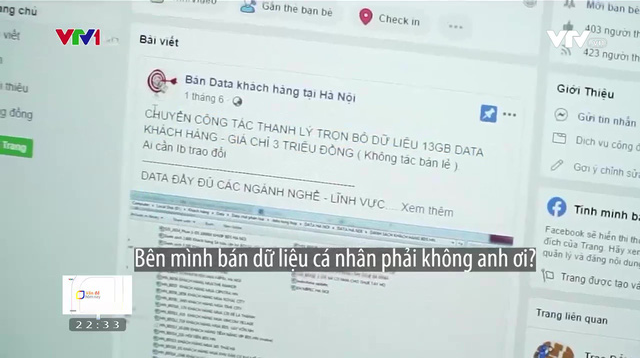
To create trust and attract buyers, sales often offer low prices, while also giving away additional data packages.
Facebook and Zalo are two applications that data hunters are targeting due to their high user volume and low security. An admin revealed that he earned millions every day just by searching for information on Facebook.
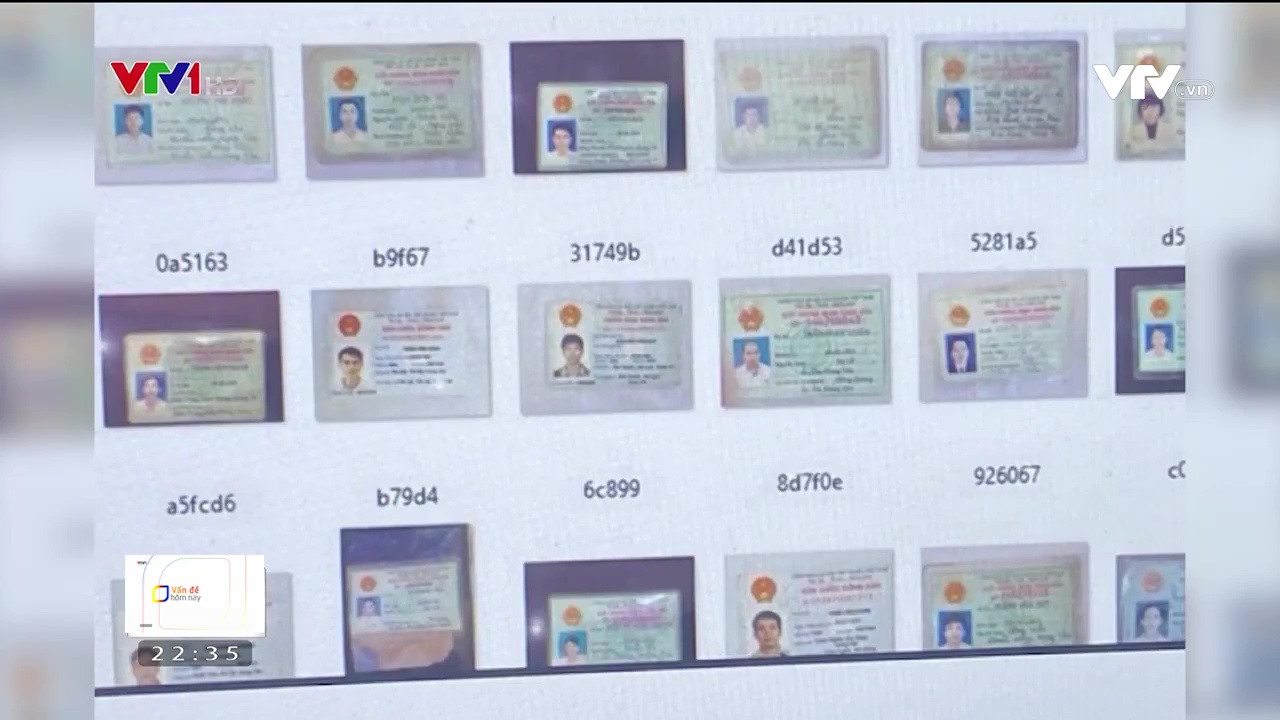
Since the beginning of the year, law enforcement has recorded hundreds of cases related to the buying and selling of personal data in cyberspace. Among them, some cases have been identified as having the complicity of individuals engaged in data collection and management.
According to experts, the situation of data leaks, theft, and buying and selling of personal data has been widespread in cyberspace recently due to the low awareness of data protection among citizens. The use of disposable SIM cards is still prevalent. The legal framework is not yet suitable for reality, personal data is still not considered property, and the penalties for violations are not deterrent enough.
According to the General Data Protection Regulation of the European Union…
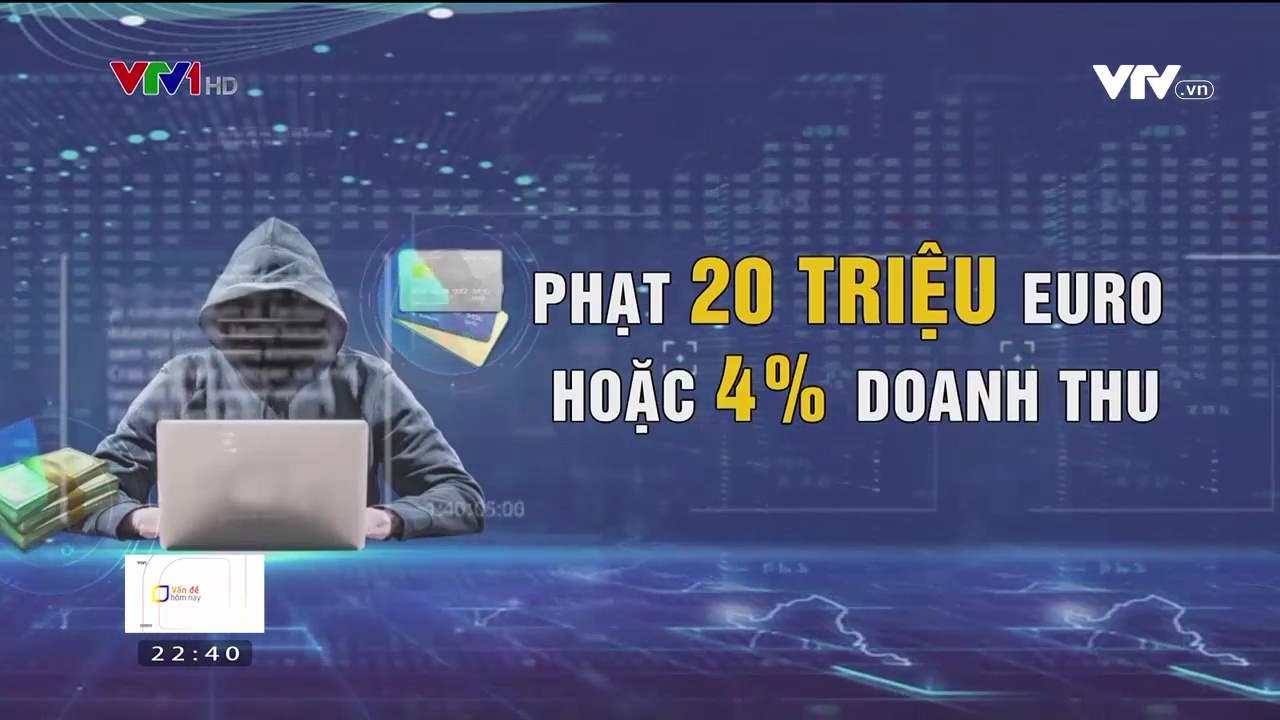
The amended Personal Information Protection Law in 2021 of…
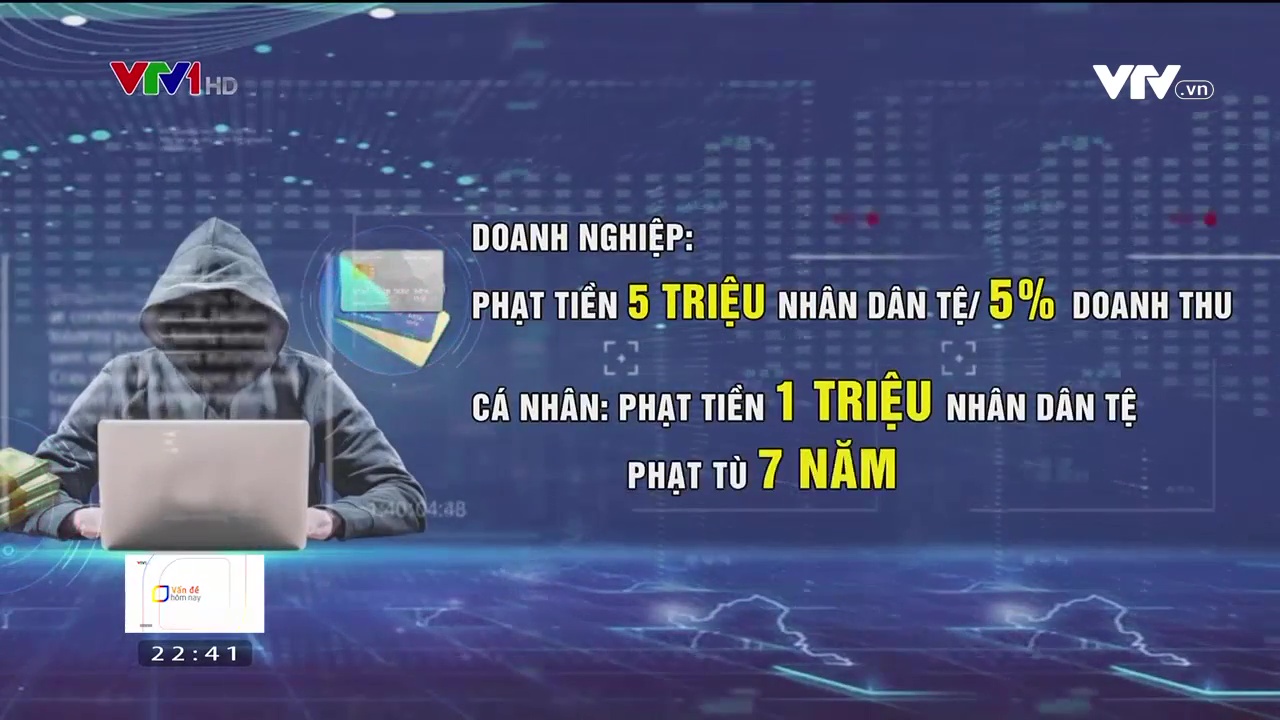
In the Southeast Asia region…
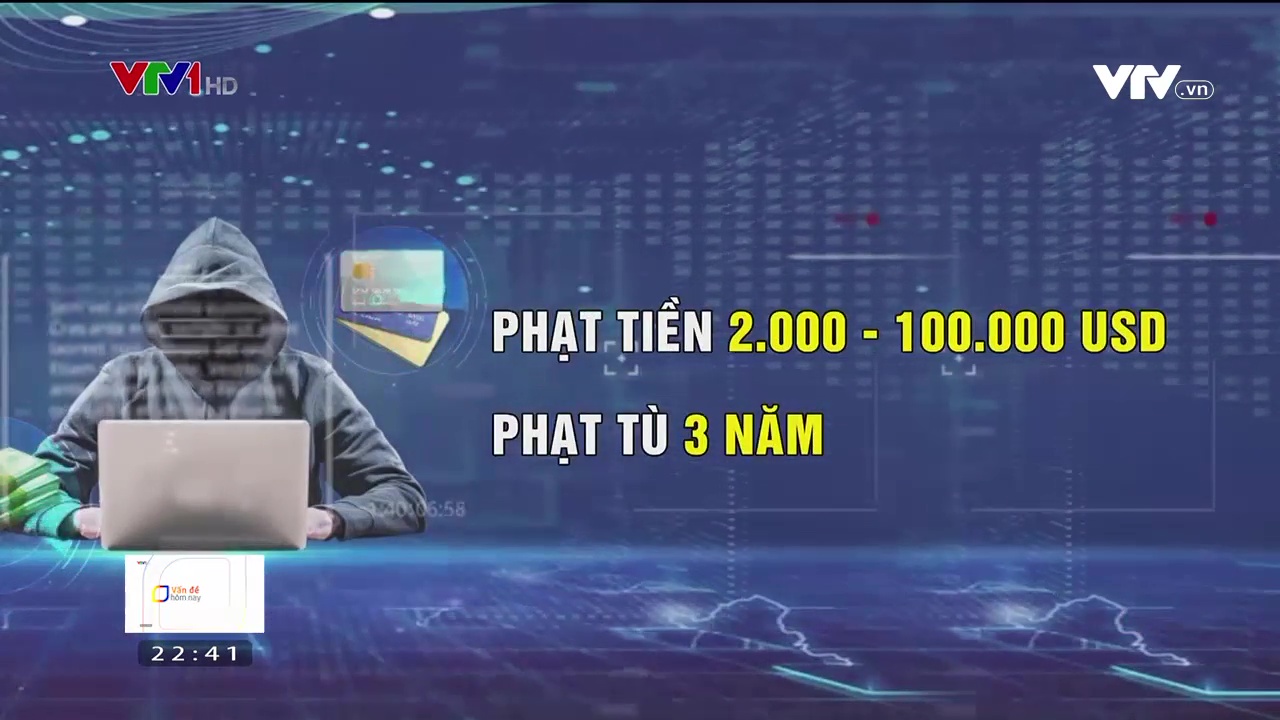
The situation of data leaks, theft, and the buying and selling of personal data has been widespread in cyberspace recently due to the low awareness of data protection among citizens. Perhaps one poor habit we have is easily posting our personal information anywhere on social media. This creates a significant risk. Citizens need to be aware of treating their personal information as a type of asset to protect. This is one of the core solutions to the issue of personal information leakage.
We will discuss this topic in the program Today’s Issues with lawyer Nguyen Tien Lap, Arbitrator, Vietnam International Arbitration Center (VIAC).